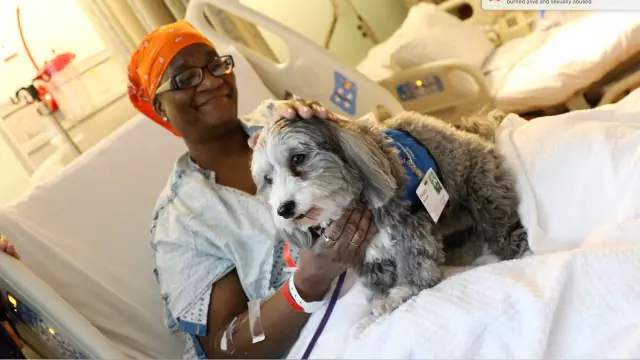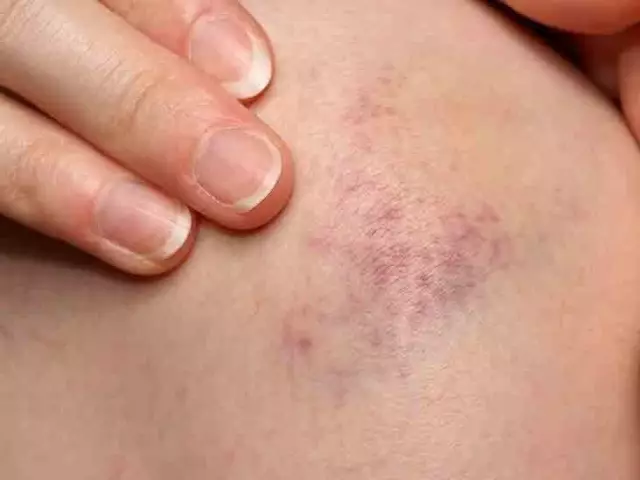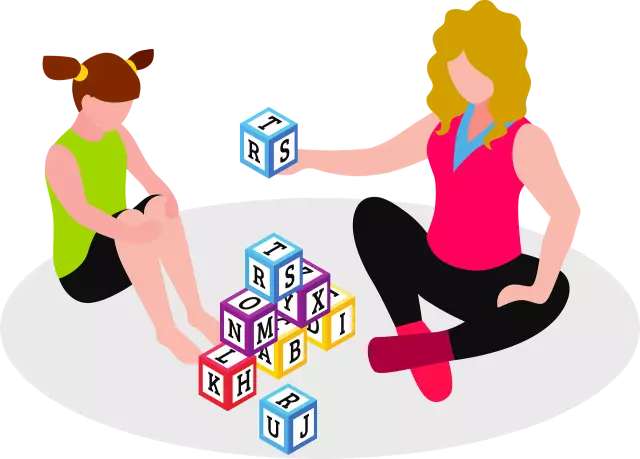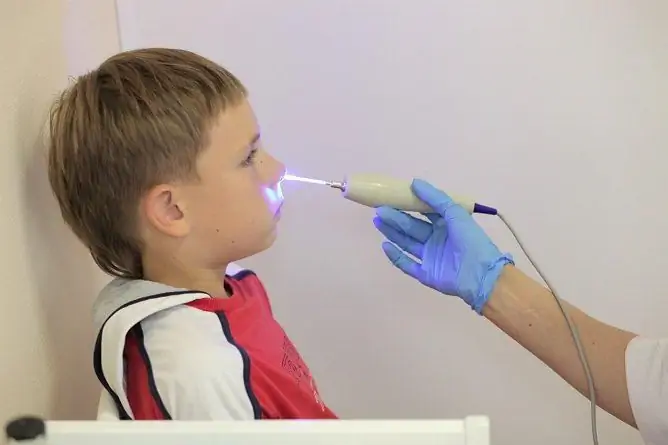- Author Rachel Wainwright wainwright@abchealthonline.com.
- Public 2023-12-15 07:39.
- Last modified 2025-11-02 20:14.
Animal therapy: 6 types of treatment with animals
Doctors have known about the beneficial effect of animals on human health for a long time. Even the great Hippocrates recommended horseback riding to his patients to strengthen the nervous system and increase vitality.
Over time, many of these effects have been scientifically explained and form the basis of officially approved therapeutic and recreational techniques. Today, in most developed countries, there are animal-assisted therapy centers that annually help thousands of patients to improve their health.
Dolphin therapy
Close communication with dolphins helps relieve anxiety and psychological stress, normalizes the emotional background, improves sleep, relieves muscle hypertonicity.
Dolphin therapy is indicated for children suffering from cerebral palsy, Down syndrome, autism, and oligophrenia. Swimming sessions with dolphins help people recover from severe physical and emotional trauma. There are methods of treating patients with sensorineural hearing loss, depression, neuroses, functional disorders of the nervous system, as well as patients with learning and memory problems.
Contraindications to dolphin therapy are cancer, acute infectious diseases and epilepsy.

Source: depositphotos.com
Hippotherapy
Treatment with horses is officially recognized as a type of physiotherapy. The point here is not only in the beneficial for the emotional state of contact with the animal. Almost all muscles of the body work actively when riding. Horseback riding makes a person fully concentrate, maintain balance, maintain correct posture. Such training helps to improve the condition of patients experiencing problems with the musculoskeletal system. In addition, hippotherapy is included in the complex of therapeutic and recreational activities for people suffering from:
- Cerebral palsy;
- disorders of cerebral circulation;
- the consequences of craniocerebral trauma;
- loss of limbs or sensory organs;
- paralysis;
- myopathy;
- epilepsy;
- multiple sclerosis.
Not only horseback riding is useful, but also communication with horses in the process of grooming: cleaning and feeding. It improves the psycho-emotional state, relieves depression.

Source: depositphotos.com
Kanistherapy
Dogs are one of the most socialized animals. They treat their owners with great warmth and devotion. That is why canistherapy - treatment with the help of dogs - is so effective in correcting conditions associated with communication difficulties and emotional stress.
Dog-based techniques are used to treat children with autism, Down's syndrome, mental retardation, and other severe congenital pathologies. Canistherapy sessions help babies to improve coordination of movements and fine motor skills, learn to pronounce words and communicate, and normalize the emotional background.
Canistherapy is also indicated in cases where the patient experiences difficulties with socialization, suffers from loneliness. In the United States, dogs are kept in hospices specifically to improve the psychological state of patients.
Keeping a dog in the house not only stabilizes the emotional microclimate and helps to normalize family relationships. The animal needs to be walked daily, and regular walks in the fresh air strengthen the immune system and nervous system, help reduce the risk of developing cardiovascular diseases, obesity and other ailments.

Source: depositphotos.com
Feline therapy
Every cat owner knows that a furry pet feels human ailment. If the owner is tormented by pain, the cat snuggles to the affected area, warms it up and purrs soothingly. The mechanism of action of the mustache "medicine" has not yet been studied, but it is known that communication with a cat relieves tension, relieves pain and even helps to lower blood pressure. In mentally ill people, it reduces attacks of aggression.
Feline therapy is widely used to improve the condition of patients with neuroses, depression, mania and phobias, schizophrenia. It has been found that communication with a cat helps in the treatment of drug or alcohol addiction.

Source: depositphotos.com
Apitherapy
Sometimes apitherapy refers to any treatment involving the use of bee products. In the narrowest sense, apitherapy is a very specific effect on the human body with the help of bee stings. In this case, the healing bee venom enters the tissues affected by the disease.
The therapeutic effects of bee venom are very diverse. It expands peripheral vessels, improves blood supply to organs and tissues, normalizes blood composition (reduces ROE, increases hemoglobin levels, reduces clotting). After a course of apitherapy in patients, blood pressure is normalized, the work of the heart and kidneys improves, the function of the endocrine glands (especially the adrenal cortex and pituitary gland) increases and the activity of the body's defenses increases. Bee stings are used to treat:
- polyarthritis of various origins;
- deforming arthrosis;
- rheumatic diseases;
- disorders of the peripheral nervous system (neuralgia, neuritis, radiculitis, etc.);
- vascular pathology;
- bronchial asthma;
- migraine;
- hypertension;
- trophic ulcers.
Despite the wide range of healing effects, apitherapy is not shown to everyone. It cannot be used for individual intolerance to bee products, mental ailments, tuberculosis, acute infectious diseases, exacerbations of kidney, liver and pancreas pathologies, decreased blood clotting, general depletion of the body and some other conditions. Apitherapy can only be performed by a specialist who has previously checked the patient's sensitivity to bee venom. The doctor determines the bite sites and their number in one procedure based on the patient's condition, age and type of disease. As a rule, the course of treatment is from 1 to 15 procedures. Therapy is necessarily accompanied by laboratory control of the composition of blood and urine.

Source: depositphotos.com
Hirudotherapy
Treatment with leech bites has a long history. Sucking, these animals cause capillary bleeding and inject substances into the bloodstream that have anti-inflammatory and analgesic effects. Hirudotherapy relieves the condition of patients with angina pectoris, myocardial infarction, hypertension, varicose veins, thrombophlebitis, neuritis, glaucoma, as well as pathologies of the female reproductive system and many other ailments.
Treatment with leeches requires a thorough preliminary examination. It cannot be used in the presence of blood diseases, hypotension, oncological pathologies. Women should not be treated with leeches during menstruation or pregnancy.

Source: depositphotos.com
An absolute contraindication to animal-assisted therapy is individual intolerance to contacts with the selected species of animals. This can be an allergy to the hair of cats or dogs, a painful reaction to bee products, or the discharge of leeches. All procedures must be supervised by an experienced physician.
YouTube video related to the article:

Maria Kulkes Medical journalist About the author
Education: First Moscow State Medical University named after I. M. Sechenov, specialty "General Medicine".
Found a mistake in the text? Select it and press Ctrl + Enter.






